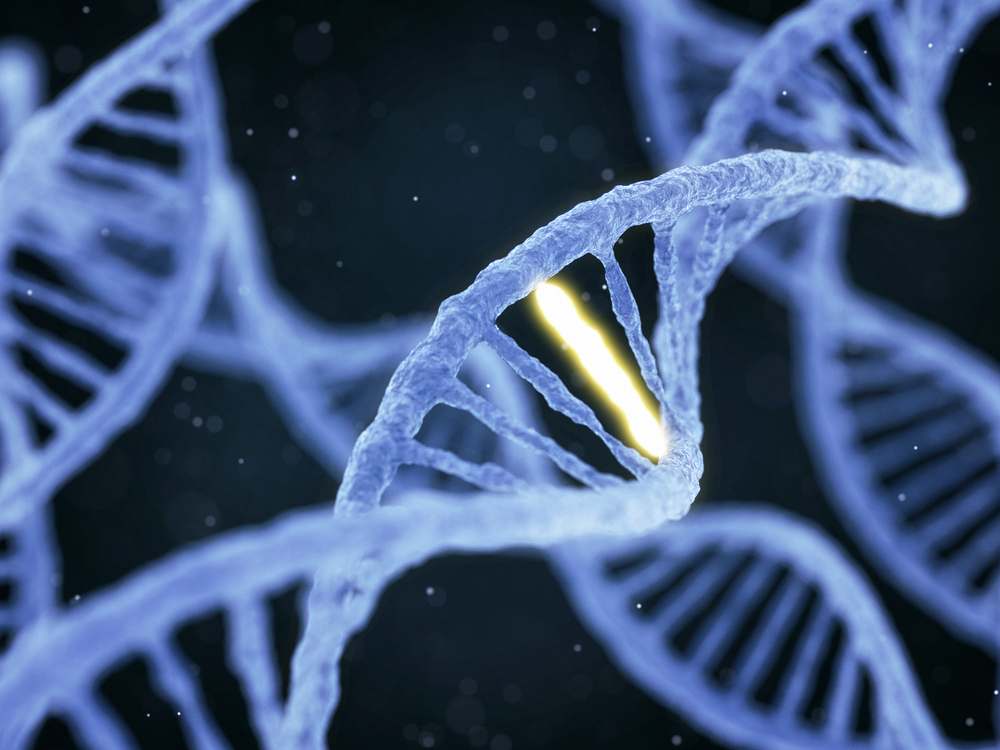New Gene Mutation Linked to Familial PAH and May Explain Why Disease Strikes Selectively

Researchers found a new mutation in a gene — called eukaryotic translation initiation factor 2α kinase 4 (EIF2AK4) — in members of a family with hereditary pulmonary arterial hypertension (HPAH). This mutation represents a potential “second hit” that increases the likelihood of certain family members developing the disease.
The study, “EIF2AK4 mutation as “second hit” in hereditary pulmonary arterial hypertension,” published in the journal Respiratory Research, also suggests that there may be more mutations in PAH-associated genes than previously thought.
Genetic defects (called mutations) in the EIF2AK4 gene have been found in certain inherited familial diseases. A team of researchers investigated whether EIF2AK4 mutations also occur in a family with HPAH already carrying a mutation in the BMPR2 gene, a gene known to be involved in PAH development.
In essence, they wondered if additional inherited gene defects in this family could explain the clinical disease manifestation.
Researchers performed clinical examinations in 10 family members, including a physical examination, electrocardiogram, (stress)-echocardiography, and lung function assessment. They confirmed manifest PAH by right heart catheterization in three affected people, a procedure that consists of inserting a thin tube (catheter) into the right side of the heart and the arteries leading to the lungs, to detect pulmonary hypertension and heart problems. Additionally, the team performed genetic analysis of all known PAH and PAH-candidate genes.
They found that all living family members with manifest HPAH carried two pathogenic mutations: one in the expected BMPR2 gene, and a new mutation in the EIF2AK4 gene.
These results suggest that EIF2AK4 may also contribute to inherited HPAH, representing a second hit together with mutations in the BMPR2 gene. This means that a person who inherits the mutated EIF2AK4 gene from only one parent can still develop the disease (hence, the term autosomal dominant). Until now, mutations in EIF2AK4 gene were only identified in recessive forms of HPAH (meaning that, in order to develop the disease, a person would have to inherit the mutated form from both parents).
The occurrence of EIF2AK4 mutation as a second hit may also explain the different penetrance of HPAH in this family, i.e., why only certain individuals in the family develop disease symptoms — only those family members with a co-occurrence of the two mutations.
“This is the first study suggesting that EIF2AK4 can also contribute to autosomal dominantly inherited HPAH. … Thus, the EIF2AK4 and BMRPR2 mutations support the ‘second hit’ hypothesis … [and] the assessment of all known PAH genes in families with a known mutation might assist in predictions about the clinical manifestation in so far non-affected mutation carriers,” the researchers concluded.







